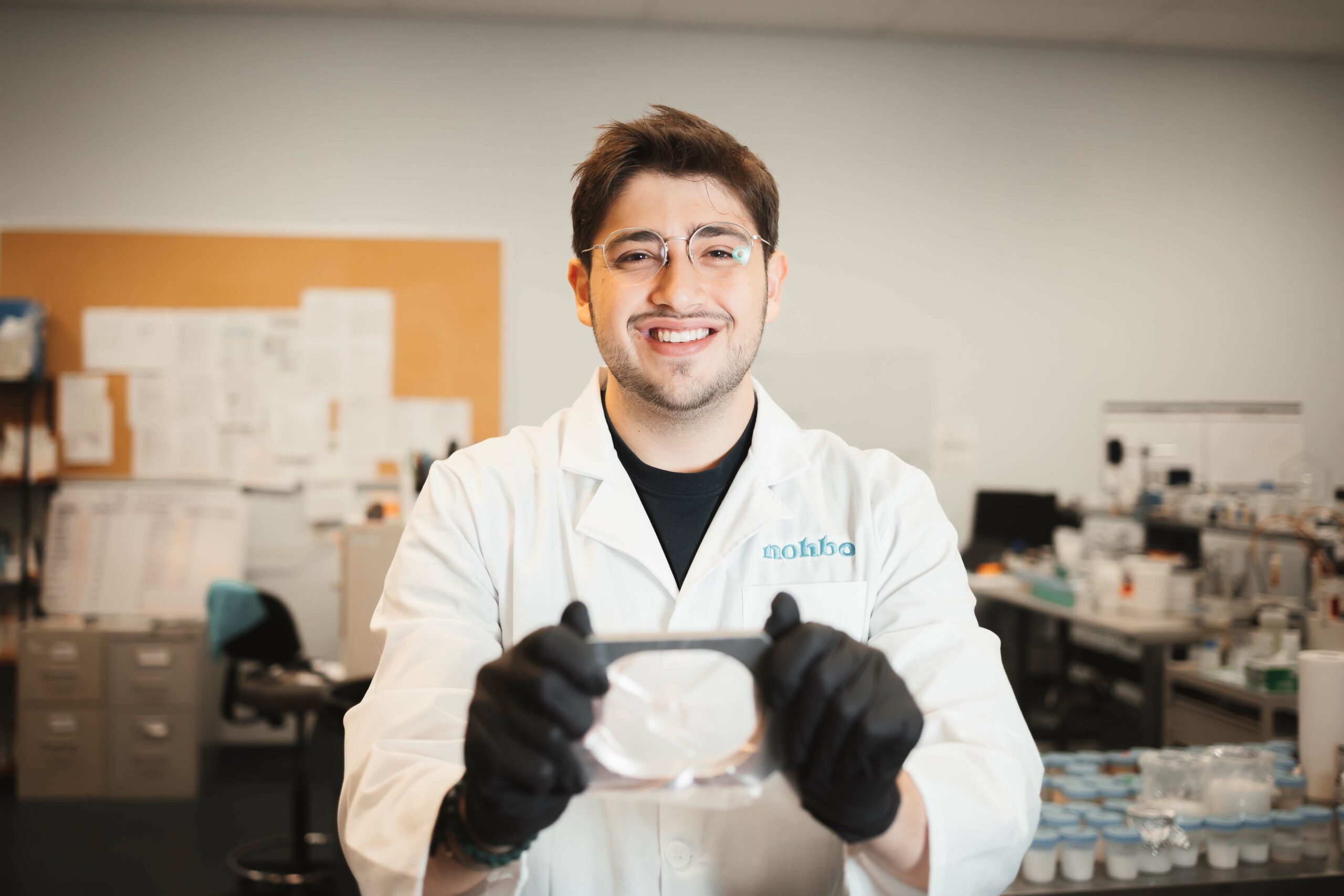Benjamin Stern is an American entrepreneur and innovator who founded Nohbo, a groundbreaking company revolutionizing the personal care industry with its eco-friendly, water-soluble products. As a passionate advocate for sustainability, Benjamin has dedicated his career to tackling the global plastic waste crisis through innovative solutions.
Born in 1999, in the United States, Benjamin showed an early interest in environmental conservation and problem-solving. His entrepreneurial journey began at just 16 years old when he conceptualized the idea for Nohbo after watching a documentary about the detrimental impact of plastic waste on marine life. Determined to create a sustainable alternative to single-use plastic packaging in personal care products, he began working on prototypes in his parents’ garage.
Nohbo officially launched in 2016 when Benjamin pitched his idea on the hit TV show Shark Tank, securing a deal with Mark Cuban. The company specializes in producing biodegradable, single-use pods for products such as shampoo, conditioner, body wash, and shaving cream. These pods are free of plastic packaging, dissolving in water and leaving no environmental footprint. This innovation not only reduces waste but also aligns with the growing consumer demand for sustainable and ethical products.
Under Benjamin’s leadership, Nohbo has scaled significantly, partnering with major hospitality companies and retailers to bring its products to market. His work has earned him recognition as one of the youngest entrepreneurs making a tangible impact on environmental sustainability. He has been featured in publications like Forbes and Business Insider and was named on Forbes’ 30 Under 30 list in Manufacturing and Industry.
Beyond his entrepreneurial success, Benjamin is a vocal advocate for youth innovation and environmental awareness, inspiring the next generation to take bold steps toward solving global challenges. At just 25 years old, Benjamin Stern continues to redefine the intersection of sustainability and personal care, proving that small changes can lead to big impacts.















